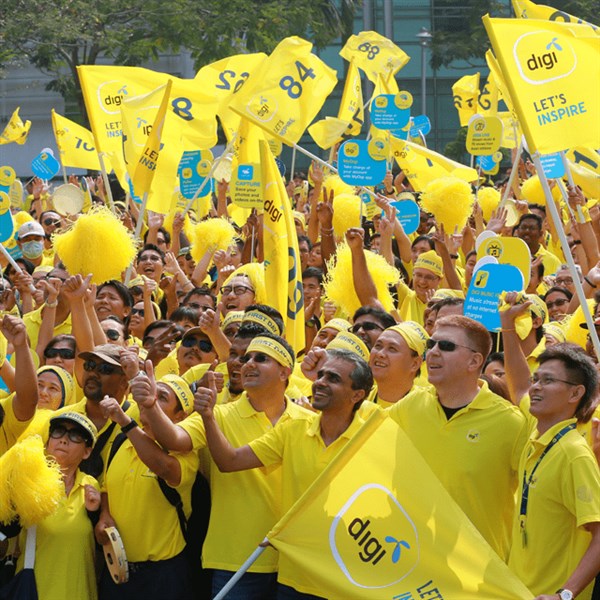One of the key topics of Kaspersky Lab’s Cyber Security Weekend for Asia Pacific Countries that took place recently in Indonesia was financial cybersecurity. The company’s experts and guests discussed financial threats that are currently on the rise globally and starting to penetrate the APAC region.
“Financial threats vary, from online fraud and banking Trojans that affect PCs, tablets and smartphones, to attacks on financial organizations, ATMs and even point-of-sale terminals. Analyzing our statistics, we see that as the financial sector in Asia-Pacific countries is developing fast, cybercriminals are increasingly looking for ways they can profit from it. Since a lot of organizations and individuals often forget about security when adopting new technologies, we believe it’s important to remind them about cybersecurity principles that will help them stay safe,” said Vitaly Kamluk, Kaspersky Lab’s Director of Global Research & Analysis Team in APAC.
The Consumer Security Risks Survey 2016, conducted by B2B International and Kaspersky Lab, showed that 67% of respondents in APAC countries are worried about online banking fraud and 63% said they often worry about their vulnerability when making financial transactions online. 62% stated they would use online payments more often if they had reliable protection for financial transactions. Consumer concerns about financial security are well-founded; 5% of consumers globally have lost money online as a result of scams or fraud, with the average sum lost reaching $476.
“Spam, phishing and banking Trojans are among the most widespread financial threats. So users should be attentive to fake web pages, unexpected e-mails asking to provide financial information, and secure their mobile devices if transactions are made from them. While organizations should also regularly check their IT infrastructure and especially computers from which financial transactions are made,” explains Vitaly Kamluk.
Banking Trojans remain one of the most dangerous online threats. They are often propagated via compromised or fraudulent websites and spam emails and, after infecting users, steal personal information such as bank account details, passwords, or payment card details.
According to Kaspersky Security Network data, in the third quarter of 2016 compared to the same period of 2015 the number of banking Trojans increased in the Philippines (by 24%), India (by 31%), China (by 43%) and Vietnam (by 104%). Vietnam and India were the countries with the largest number of victims. Other countries saw decrease in the number of victims, one of the reasons for which might be the effect of the raised awareness of users, new government initiatives or even a geographical preference defined by the criminals behind banking Trojan malware campaigns.

Advice to individuals:
Regularly check your computer for malware – you can use free tools such as Kaspersky Security Scan, but it is better to install a permanent security solution on all devices from which you arrange financial transactions or access personal accounts.
- Use only legal software and keep it updated.
- Make sure you use strong and regularly renewed passwords.
- Avoid clicking on links in unexpected messages from people or organizations.
- Be cautious at all times when visiting websites: if something looks even slightly suspicious, it probably is.
Advice to businesses:
- Report suspected attacks to the bank or police.
- Use proven security solutions.
- Make sure your software, especially for banking and IT security, is up to date.
- Educate your employees.
- Apply strict IT security policies.
Banks are advised to use specialized security solutions, such as Kaspersky Fraud Prevention that helps reduce the fraud risks for online and mobile financial transactions among their users. As a preventive measure it is also important to draw on the expertise of IT specialists, bringing in external experts and their intelligence data when needed.











